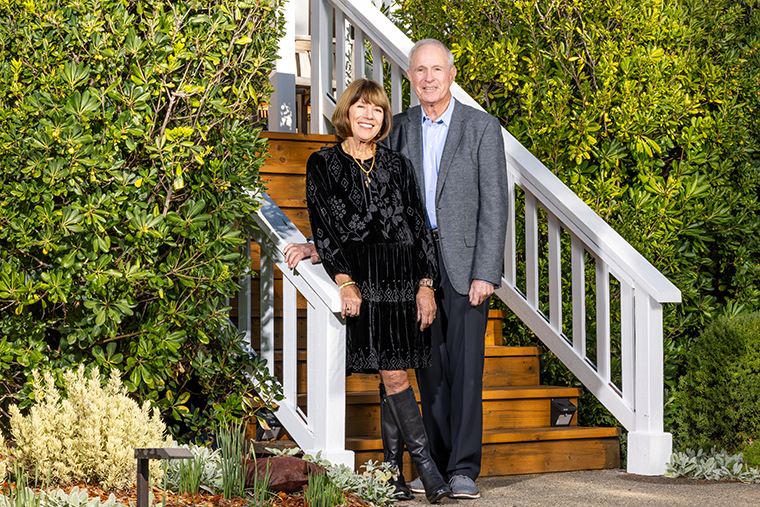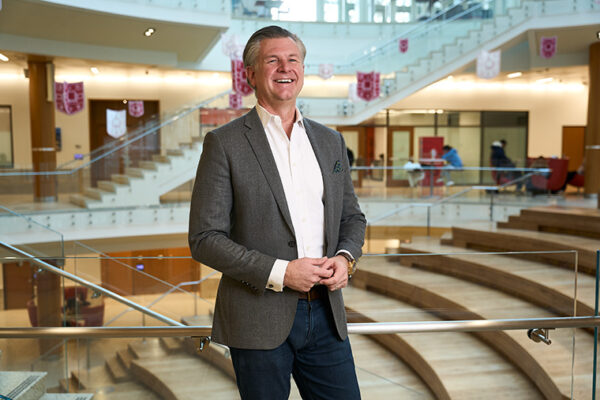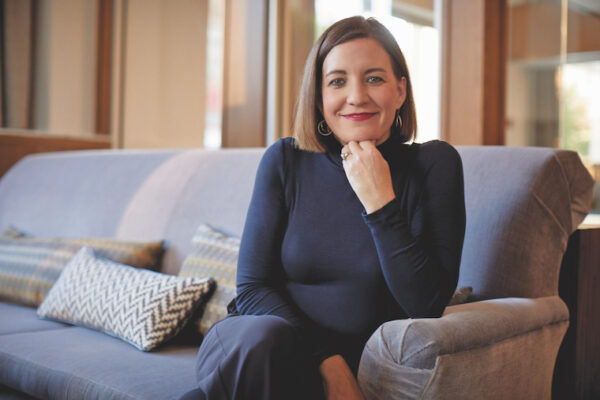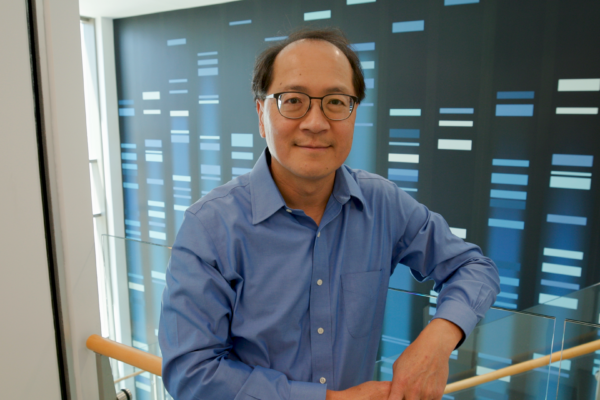One visit was all it took for Jay Kaiser, MD ’72, to choose WashU’s School of Medicine.
“I was accepted at three medical schools, but once I saw WashU, I didn’t care about the others,” he says. “I knew I wanted to be at a place that offered such a high level of teaching and patient care. And they made it clear that economics were not going to prevent me from going there.”
Scholarships and loans made it possible for Kaiser to attend and helped pave the way for a distinguished career as a radiologist.
After a residency and fellowship in diagnostic imaging at the University of California San Francisco (UCSF), he founded and grew California Advanced Imaging Medical Associates (CAIMA), now one of the largest private practice radiology groups in the Bay Area. He also spent part of his early career traveling around the world teaching radiologists how to use new CT scanning technology.
In 1989, Kaiser launched National Orthopedic Imaging Associates, one of the first teleradiology networks created at the beginning of the broadband era, within CAIMA. Through the nationwide network, which specializes in orthopedic and spine imaging, he jumped into the world of professional sports by consulting with the San Francisco 49ers and other teams.
Though now retired from day-to-day practice, Kaiser still serves as a consulting radiologist and works with two startup companies on AI research projects. He also gives back to WashU as an adviser for the School of Medicine’s National Council, a role he has held since 2006. And he and his wife, Ronnie, are longtime supporters of medical school scholarships.
How did you end up at WashU?
I grew up in a small town in Southern Illinois. My father worked in the coal mines. He was forced to retire at age 65 when I was still an undergraduate at the University of Illinois. I was very lucky to go to a medical school of WashU’s quality. I couldn’t have done it without support from the school and from Ronnie, who was a painting major. She took an extra year of courses so she could become an art teacher. When I was in medical school, she taught art.
What was your medical school experience like?
Maybe I’m looking back at it through rose-colored glasses, but everything was great. There were so many incredible professors. Phil Needleman, who became head of the Department of Pharmacology, was a brilliant basic science teacher. I was able to reconnect with him years after I graduated when we both served on the medical school’s national council.
I took a radiology clerkship with Hyman Senturia, a clinical faculty member at the old Jewish Hospital, who was the ultimate clinician. He examined every woman who had a complicated mammogram to correlate the finding. Everyone came to him for second opinions. He played an instrumental role in my decision to go into diagnostic radiology.
And then Carl Moore was the head of medicine when I was there. He was like a Greek god to us students. He was so gracious when I turned down his offer to stay on as an intern after I graduated. I told him I was going to Los Angeles because my wife was from California, and I wanted to go west. He shook his head very calmly and said, “Well, I’ll let you go, but you’re going to UCSF.” And that’s how I ended up in San Francisco.
Why have you stayed involved with the medical school?
Everything I learned at WashU held me up throughout my career. That’s true for my son, Scott, too. I was off-the-charts proud when he got into the medical school. He met his wife, Suni, there on his first day. Later, when I was invited to sit on the national council, I said, “Absolutely, I’d like to contribute in any way I can.”
Why do you support scholarships?
With the changing economics of medical care, the ability of future students to pay back educational loans will be problematic at best. Also, I know what the medical school did for my life, and my son and daughter-in-law’s lives. So why wouldn’t Ronnie and I do our best to make sure every young person with ability, but possibly not the finances, has the same chance? Scholarships enable you to help future doctors, to give back to a place that helped you get where you are — and to serve society by helping one of the best medical schools in the world train tomorrow’s leaders. All of that gives us a passion to support WashU.



